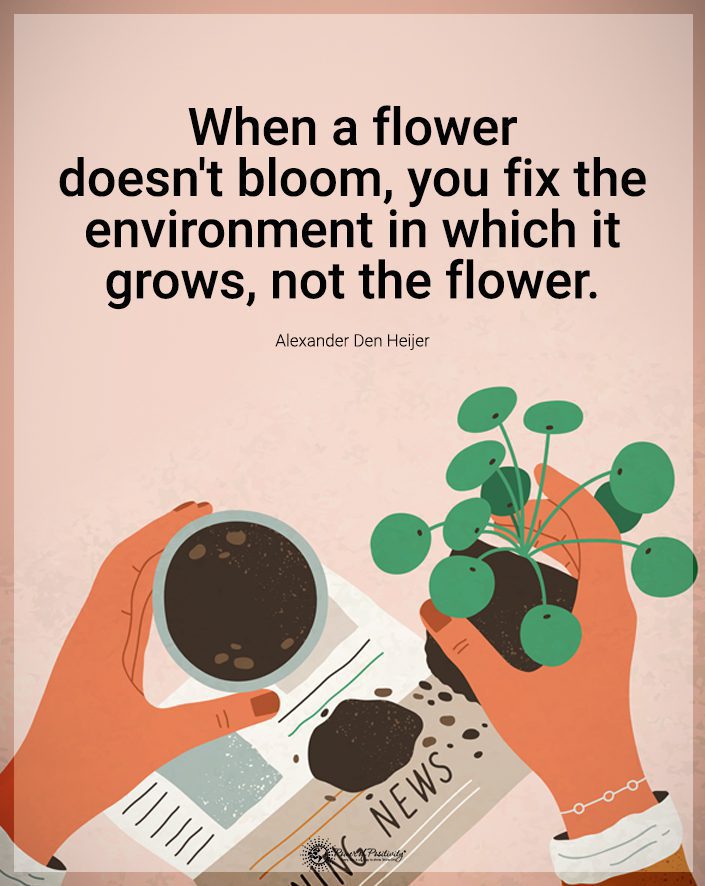If you’ve ever wrestled a three-year-old over eating one carrot, you know first-hand how much kids hate vegetables. According to science, it’s normal for a child to have fussy eating habits regarding vegetables. That doesn’t mean you should give up offering them veggies for snacks or at meals.
The extra effort is worth your child’s nutritional benefits from eating more plant-based foods.
10 Science-Proven Reasons Why Children Hate Vegetables
So why do kids hate vegetables? Science gives ten perfectly reasonable explanations.
1. Blame their taste buds
It’s easy to assume your sweet three-year-old is stubborn about eating that carrot, but it could be because their taste buds aren’t fully developed. Small children prefer salty and sweet foods. This decreases when they get older as they try new foods. Kids are more willing to taste new foods if people around them eat them. So, if your three-year-old is standing their ground, give them some time and keep offering them vegetables. One day, they may surprise you and eat that carrot.
Cruciferous foods are especially a challenge for kids to eat. That’s because these plants are slightly bitter. The bitterness is more offensive to kids than adults. These veggies’ bitter flavor comes from calcium and compounds including:
- Isoflavones
- Phenols
- Flavonoids
- Glucosinolates
- Terpenes
2. It could be in their genes
According to science, if you didn’t like eating your vegetables as a kid, it’s more likely your kids won’t like them. It seems that genes may play a big part in your eating habits. Over the years, you’ve learned to eat plants because you know their importance to your diet. If your child is picky about vegetables, be patient with them. Like you, they will eventually adapt to eating plants. Remember the first vegetables you ate as a kid. Maybe your child will follow suit.
3. Pregnancy foods matter
Science swears that what a parent eats during pregnancy influences a child’s acceptance or rejection of solid foods like vegetables. They say the amniotic fluids surrounding the baby contained the flavors from the mother’s diet. Because the baby swallowed this amniotic fluid, the taste and smell of these foods became familiar. So, a child’s first food experience occurs before birth. So, even if you’re up against pre-birth preferences, your child can learn to like vegetables over time. It just takes some patience on your part to keep introducing those new tastes.
4. Some veggies taste funny
When you offer your kids broccoli, they often resist even trying a small piece. Studies show that cruciferous vegetables taste especially bad to kids. These vegetables contain an enzyme called cysteine lyases, which makes different bacteria in your mouth. When you eat broccoli, the enzymes are released and kick into gear. This makes the pungent odor of these vegetables. Other cruciferous offerings that are especially nasty tasting to kids include the following:
- Cabbage
- Cauliflower
- Brussels sprouts
- Bok choy
- Collard greens
- Kale
5 . Fast food memories are more fun
Kids are fast learners. It doesn’t take them long to associate fatty, high-calorie fast food with special occasions like special treats and rewards. No parent ever said to their kid, “Let’s go buy a bag of carrots to celebrate.” Science says this is why kids hate vegetables. Like adults, when a kid eats fast foods, a specific dopamine gets released in their brain. This “feel good” chemical gives them pleasure. It may be good to avoid food as a reward or treat. Instead, try sharing one of these non-food rewards, such as:
- Small toy
- Playtime with a friend
- Stay up later
- A unique place to sit at the dinner table
- Trips to the playground, pool, or bowling alley
- Special stickers
- Extra screen time
6. Maybe you hate veggies
Whether or not you know it, your kids are watching you. Researchers say parents’ food preferences rub off on their kids. Your food choices at the dinner table greatly influence your child’s taste development. Ask yourself these questions about your food choices:
- Do you eat green veggies at dinner?
- Do you snack on fruits during the day?
- Are you willing to try new vegetable dishes, or do you turn up your nose?
One study found that teenage girls who saw their dads drinking milk had a higher calcium consumption than girls who did not see their dads drinking milk.
7. It’s a texture thing
Some adults and kids are disgusted by the textures of some vegetables. Veggies that are mushy, stringy, or slippery put them off. This texture may cause them not to want to eat vegetables for fear they won’t enjoy it. As a child’s eating habits mature, it’s important to introduce different food textures. They may not like them at first. But over time, they can develop a taste for these foods.
8. Vegetables aren’t always easy to eat
Vegetables aren’t always easy for kids to bite or chew. They’re also not as familiar as crackers, bread, or noodles. In many ways, kids are creatures of habit. If they haven’t experienced different foods that are crunchy or have more fiber, they will not want to try them. They like predictable tastes and textures. Roast or grill vegetables for easier eating. Make veggies more fun by giving them names. One family called broccoli trees, and the kids liked the idea they were eating tree branches. Offer your kids veggie dips like ranch dressing or peanut butter to dip in their vegetables. This hides the texture and adds flavor.
9. It’s just fun to hate veggies
Face it. Kids will be kids. Sometimes, they enjoy being stubborn. They like saying no to everything you say. When your kids are in this kind of mood, you might as well skip trying to push the veggies. Play along and be overly dramatic; they’ll love that. Or you could try reverse psychology and tell them they can’t eat the vegetables at dinner tonight. When they ask why, tell them it’s because the vegetables are special.
10. Lack of experience with vegetables
Most kids won’t eat unfamiliar vegetables. One way to increase their familiarity with veggies is to involve your child in food prep. Let them chop the mushrooms for an omelet. Talk about where mushrooms come from and how good they are in foods. Let them put peas into the soup and stir it. As they learn about different vegetables, they’ll be more open to tasting them significantly if they’ve helped cook the dish.
How can you help your kids like vegetables?
If your kids hate veggies, what can you do? Here are some suggestions to help your kids eat their vegetables.
1. Give the veggies a good disguise
Hiding vegetables could be your best option if your child is picky. Instead of making every meal a wrestling match, hide them by pureeing them and putting them in baked goods. Some good places to hide your child’s vegetables include the following:
- Zucchini bread
- Pumpkin bread
- Spaghetti sauce-hide pureed carrots or pureed spinach
- Macaroni and cheese-Hide pureed squash
2. Give them water with their vegetables
Researchers suggest that if you offer your child water instead of juice with a plate of vegetables like carrots and sweet peppers, they will be more likely to eat the vegetables. This is because a liquid won’t hide the flavors of the vegetables.
3. Give them more veggie choices
Wait, what? That’s right. If your kids hate vegetables, give them even more. Set out a plate of vegetables as an appetizer right before a meal. You can set out a plate with raw carrots, sweet bell peppers, or crispy celery. The bigger the platter, the more the kids will eat. Or serve a salad, then serve the chicken tenders. Keep the central portion small. The rule of thumb is that the bigger the entrée, the fewer vegetables and fruits a kid will eat. So, reversing the portions makes sense.
6. Try to relax
Most of all, try to relax. You’re not the worst parent in the world because your child isn’t eating vegetables. It may take some time, but as you’re persistently introducing dishes with vegetables to them, they will eventually try them. Pressuring your kids to eat vegetables won’t change their minds; it will make dinner time an emotional nightmare.
Final Thoughts on Why Children Dislike Vegetables and Teaching Them Better Eating Habits
It’s normal for young children to have fussy eating habits. Vegetables seem to be one of their favorite foods to hate. Even if your child stubbornly resists eating veggies, don’t give up. Get your child involved with meal prep, including vegetable cleaning and cutting.
They might have a problem with food textures, or vegetables taste bitter to them. Maybe you need to up your vegetables to be a better example. Whatever the reason, try not to worry too much about it. Keep putting different vegetables in front of them; over time, they will begin to build healthy eating habits.

















 Community
Community

